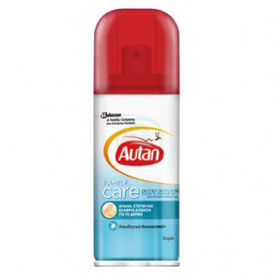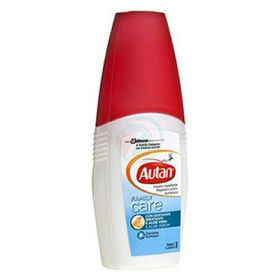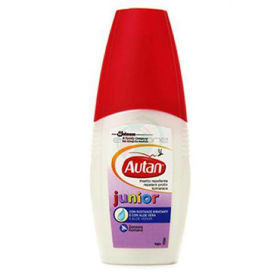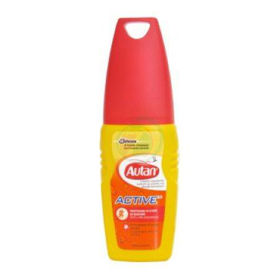Customer question:
Is there already a cure for malaria? Anonymous customer's question
Pharmacist's answer:
Yes, there are drugs to treat and prevent malaria. Malaria is a disease caused by parasites of the Plasmodium genus and transmitted through the bite of infected mosquitoes. Medicines used to treat malaria depend on the type of parasite and sensitivity to certain drugs.
Some commonly used drugs to treat malaria include:
- Artemisinin-based combinations (ACTs) are currently the most effective drugs for treating malaria. Combining artemisinin, a derivative of the Artemisia annua plant, with other antimalarial drugs ensures fast and effective treatment.
- Chloroquine and hydroxychloroquine: although once widely used, they have become less effective due to the development of parasite resistance.
- Mefloquine, atovaquone, proguanil, and other combinations: these alternatives can be used in regions without resistance to certain drugs.
It is important to note that parasite resistance to certain active substances can develop, so a doctor must be consulted before traveling to malarious regions and prescribe appropriate prophylactic treatment. In addition, it is essential to consistently take the prescribed medication for the full prescribed time to prevent resistance and ensure effective malaria treatment.
Does malaria also exist in Slovenia?
There is no malaria in Slovenia. Malaria is a tropical disease caused by parasites of the genus Plasmodium and transmitted by the bite of infected mosquitoes. In Slovenia, there are no natural conditions for developing and transmitting malaria, as the mosquitoes that transmit these parasites are limited to tropical and subtropical regions. However, it is essential to note that people traveling to malarious regions may be at risk of infection.
If you plan to travel to such areas, consult your doctor before departure to receive adequate information about prophylactic measures and medications to prevent malaria. It is essential to properly prepare for travel to malarious regions and follow your doctor's instructions to reduce the risk of infection.
How deadly is malaria?
Malaria mortality depends on several factors, including the type of Plasmodium parasite that causes infection, access to medical care, the individual's age, and general health. The most deadly form of malaria is caused by the parasite Plasmodium falciparum.
If malaria is treated in time with appropriate drugs, the prognosis is usually good, especially with the less lethal types of parasites. Treatment usually involves using antimalarial drugs such as artemisinin-based combinations (ACTs) or other effective drugs against certain parasites. However, malaria is still a significant public health problem, especially in countries with tropical and subtropical climates where mosquitoes that carry the parasite are present.
According to the World Health Organization (WHO), an estimated 627,000 people died from malaria in 2020. Most of the deaths occur in sub-Saharan Africa, where the conditions for malaria transmission are most favorable. It is important to emphasize that the disease can be avoided with timely treatment and appropriate preventive measures, such as repellents, protection against mosquitoes, and taking antimalarial drugs when traveling to malarious regions.
Is there a vaccine for malaria?
Yes, there is a vaccine against malaria. The vaccine is called RTS, S/AS01 (also called Mosquirix), and is the first vaccine approved for use against malaria. RTS, S/AS01 was developed to protect against infection with the Plasmodium falciparum parasite, the most common and deadly cause of malaria, especially in sub-Saharan Africa.
The vaccine has been approved for use in children in Africa, where the risk of Plasmodium falciparum infection is most significant. However, the vaccine is ineffective and does not entirely protect against malaria. After vaccination, taking other preventive measures, such as using insecticides, wearing protective clothing, and using nets to protect against mosquito bites, is still essential.
The RTS S/AS01 vaccine is an essential step in the fight against malaria. Still, the challenge remains to develop even more effective vaccines, especially against other parasites that cause malaria. Research and development in this area is still ongoing.
What are the first signs of malaria?
The first signs of malaria can appear a few days to a few weeks after being bitten by an infected mosquito. Symptoms may vary depending on the type of Plasmodium parasite that caused the infection and the individual's health status. The most common parasite is Plasmodium falciparum, which causes severe malaria. Some of the first signs and symptoms of malaria include:
- high fever
- chills and sweating
- headache and muscle pain
- nausea and vomiting
- abdominal pain and diarrhea
- enlarged spleen and liver
It is important to note that the symptoms of malaria can vary and that more severe forms of the disease can occur, including breathing problems, impaired consciousness, and other serious complications. If you are traveling to malarious regions and experience symptoms of malaria, consult your doctor immediately for diagnosis and treatment. Treatment of malaria is essential, especially for forms that can cause serious complications.
Interesting reading: Lek against malaria













